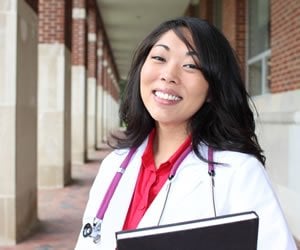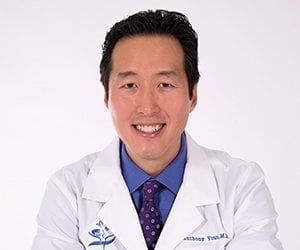The path to becoming a doctor can feel daunting. For those of us that don’t come from a medical family, it can be challenging to navigate what all you need to do to be a competitive candidate. As a third year psychiatry resident looking back on my pre-med days, I realize just how lost-in-the-woods I felt at times trying to figure out how to get where I wanted to go. Here are half a dozen steps you can take to help pave the way to medical school.
Anonymous: How Mental Illness Gets Overlooked In The Hospital
Reposted from here with permission The day Mr. Webster appeared on our service, I was late for … Read more



















